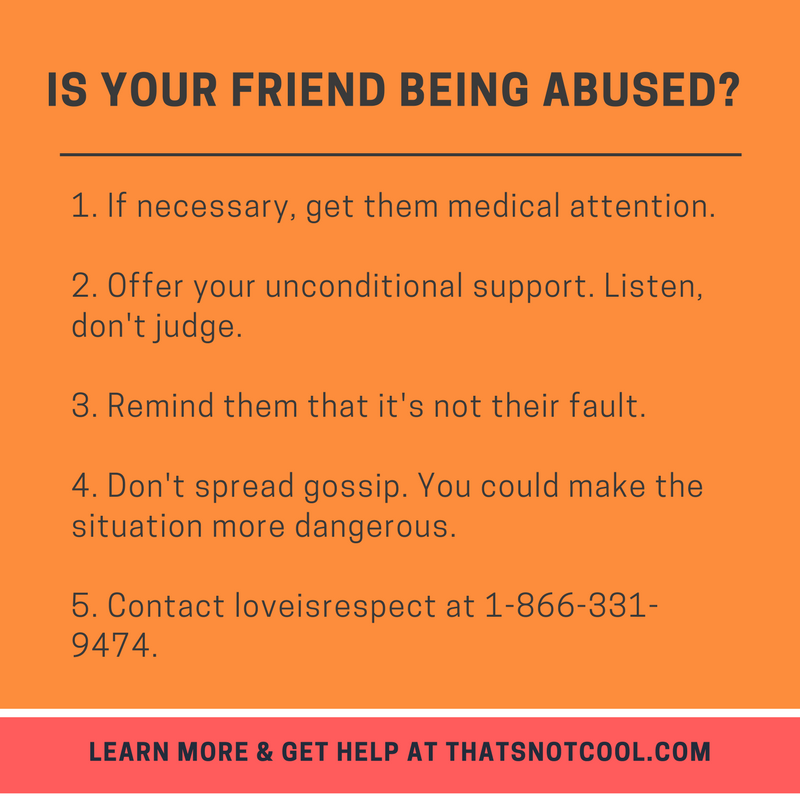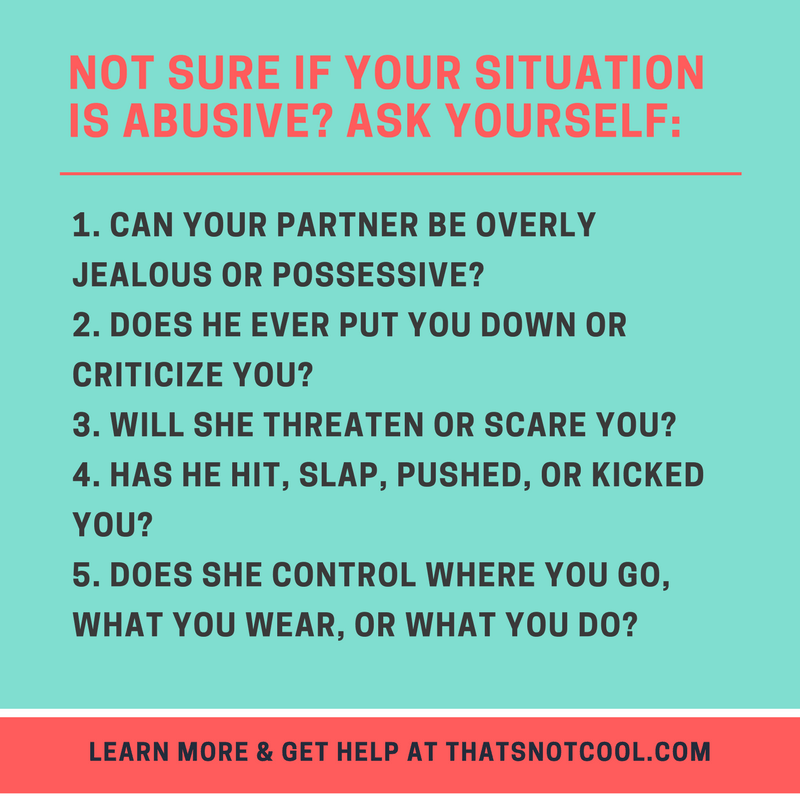
That’s Not Cool is a national public education initiative that partners with young people to help raise awareness and bring educational and organizing tools to communities to address dating violence, unhealthy relationships, and digital abuse. We utilized our experitse in social media for nonprofits to create a strategy to dramatically increase engagement among their teenage target audience, particularly young women.
As we wanted to make sure we were as informed as possible in speaking with this audience, our approach to community management started with an audit of TNC’s social media channels. We then dove into the other aspects of our social media strategy, including optimizing the frequency and quantity of posts to drive higher engagement.
We tested and honed in on new types of content that strongly resonated with TNC community members (e.g. infographics, quote graphics, graphics with verses from feminist poets, breaking news content, stories of teen activists, 90s nostalgia GIFs and memes). These updates led to revisions in our social media strategy and dramatic increases in community engagement.

